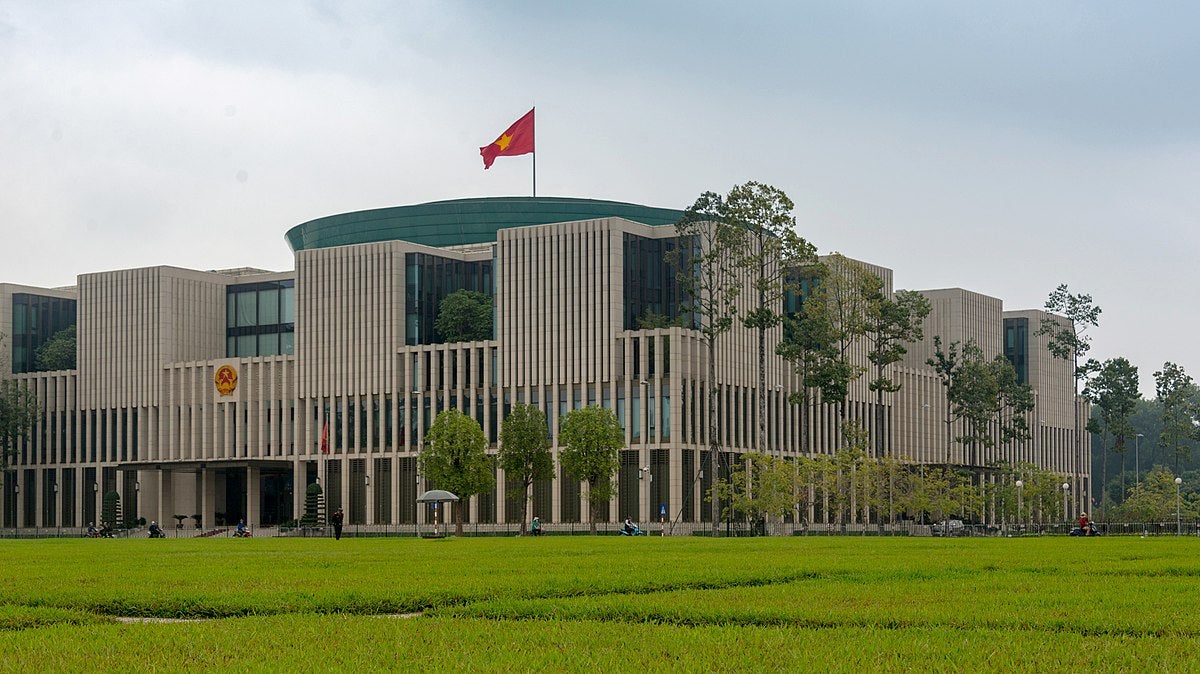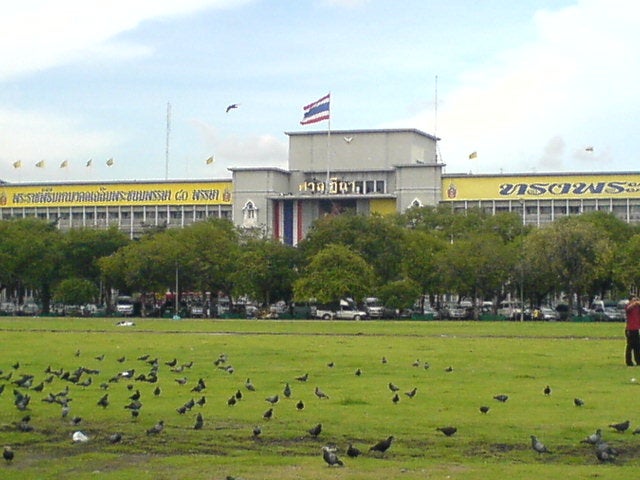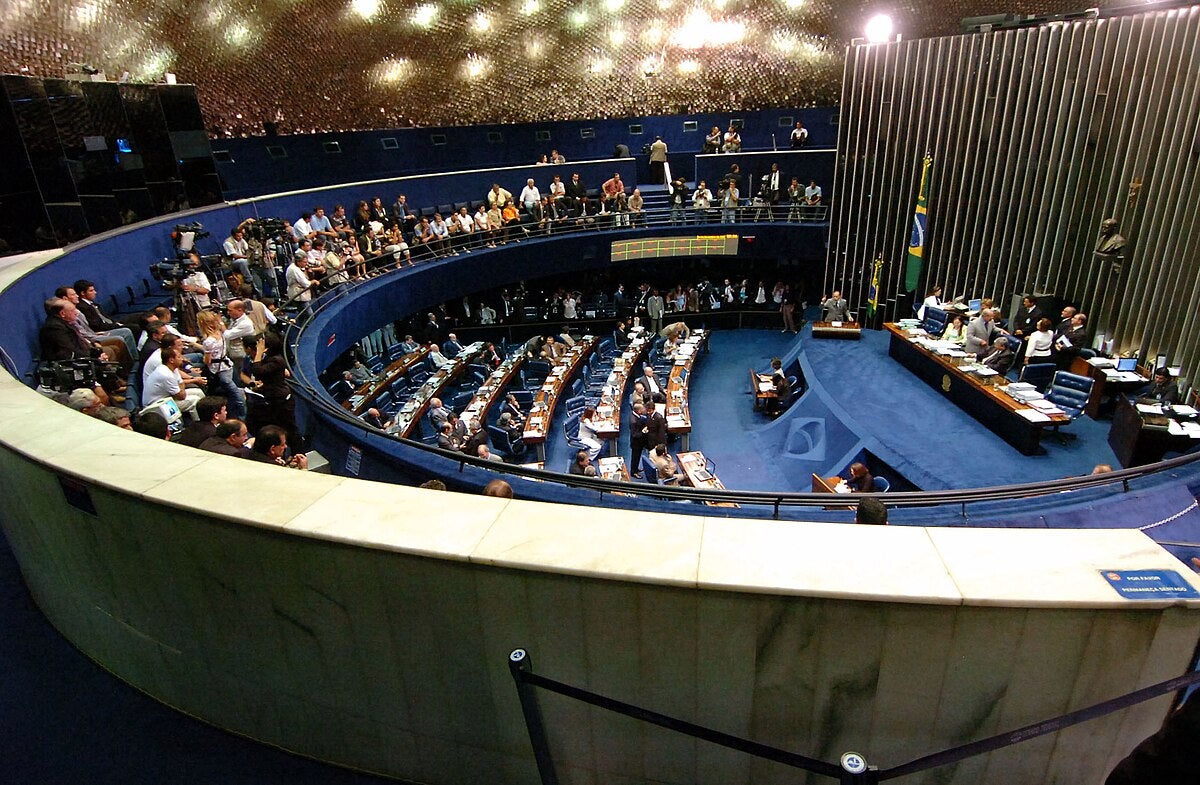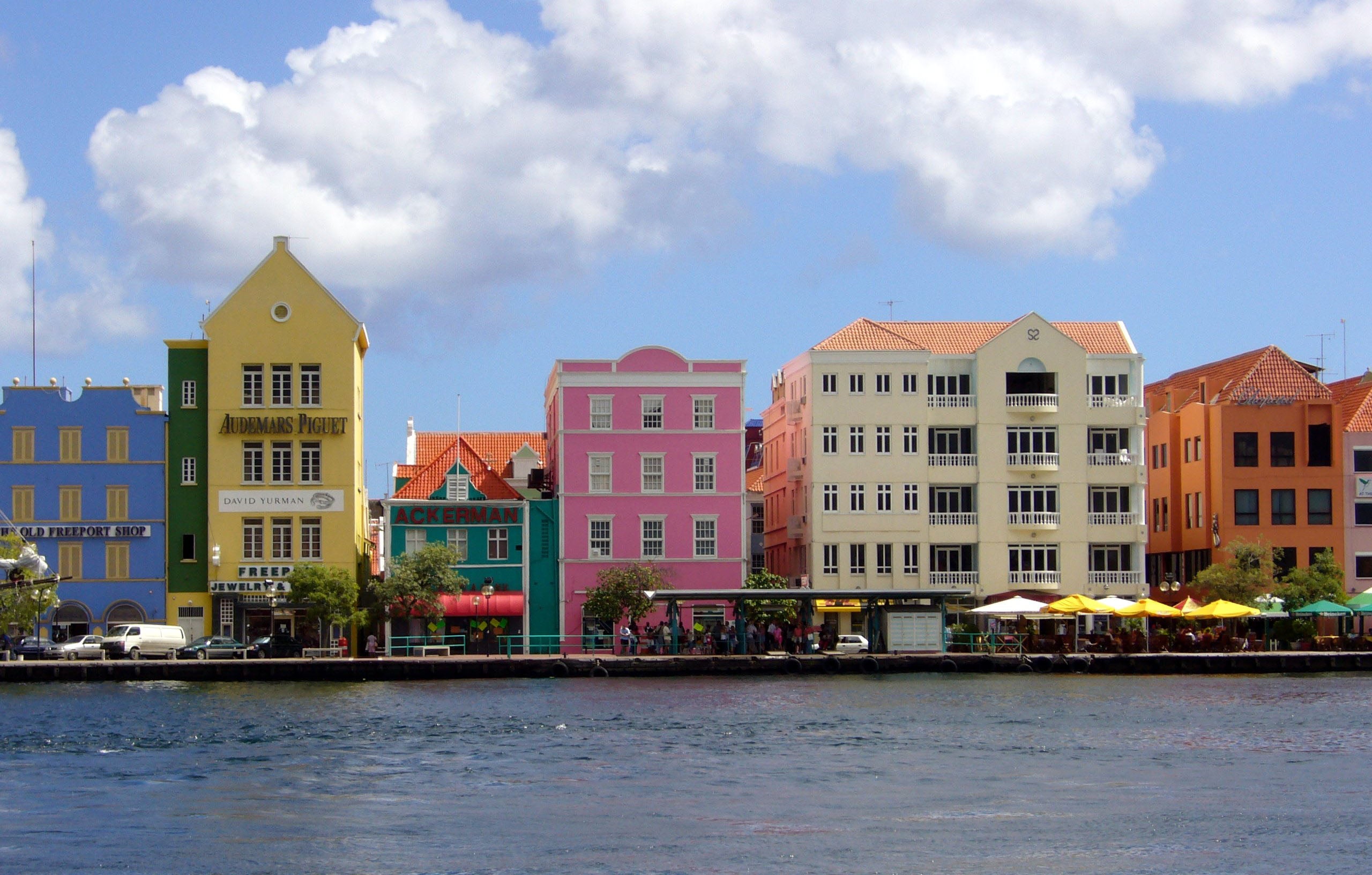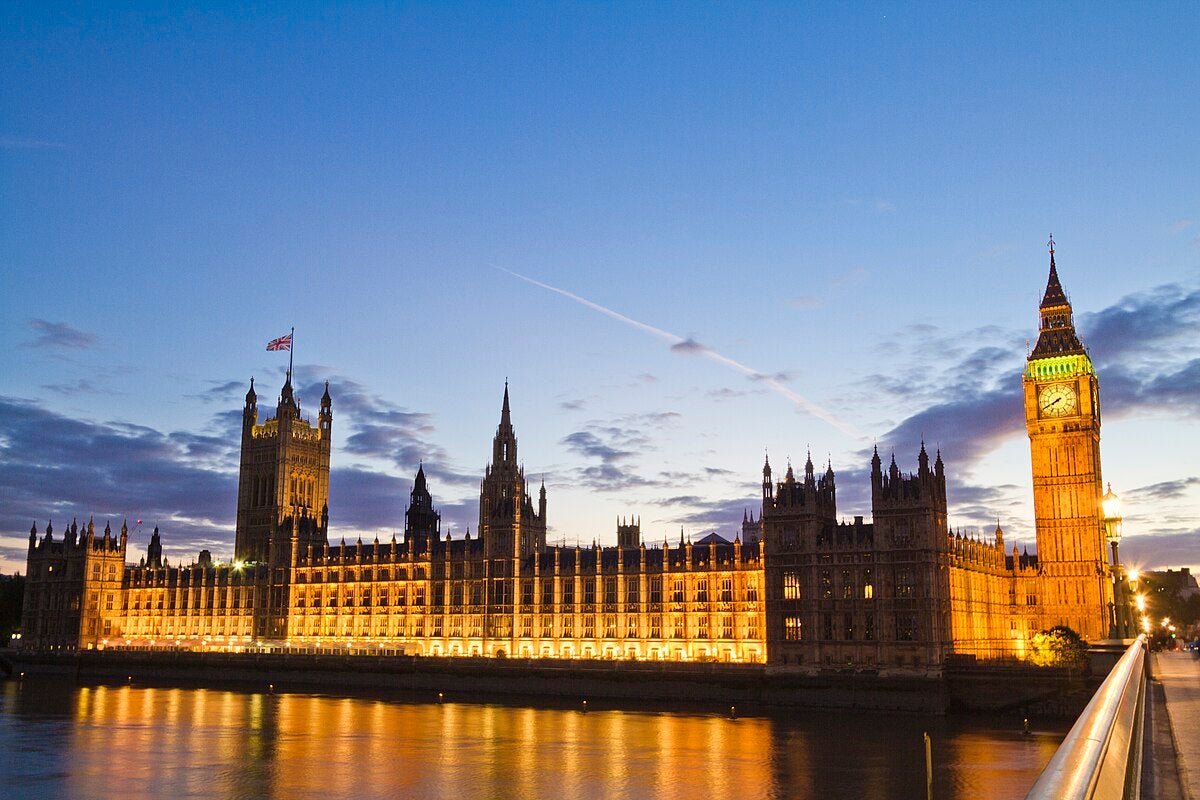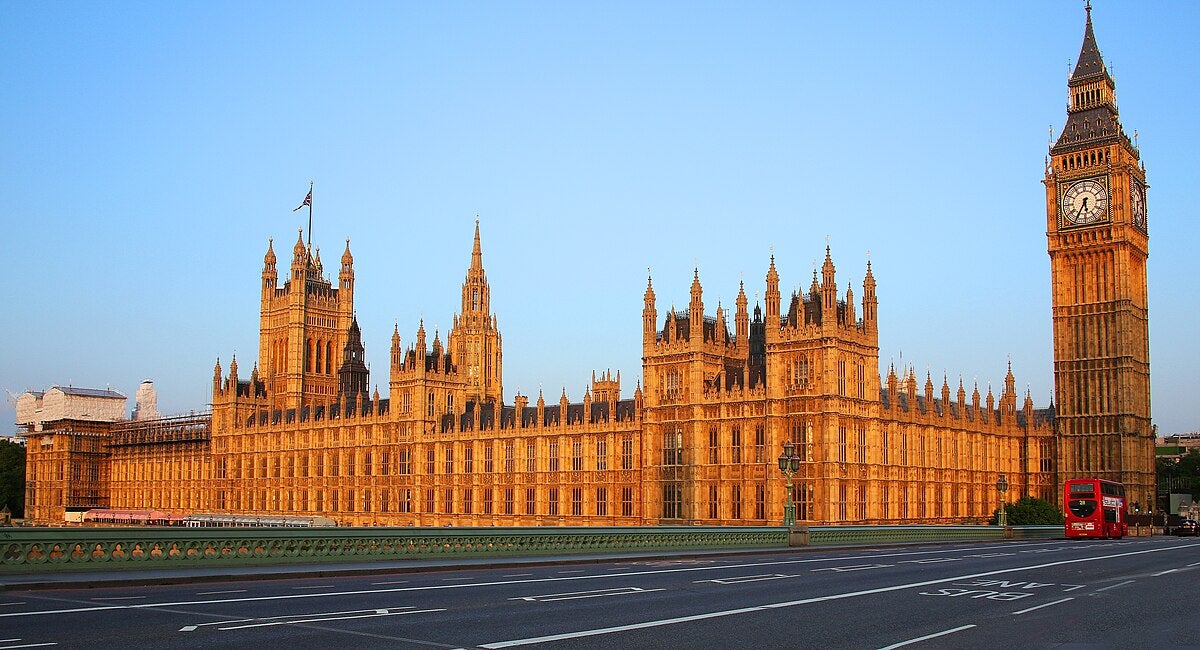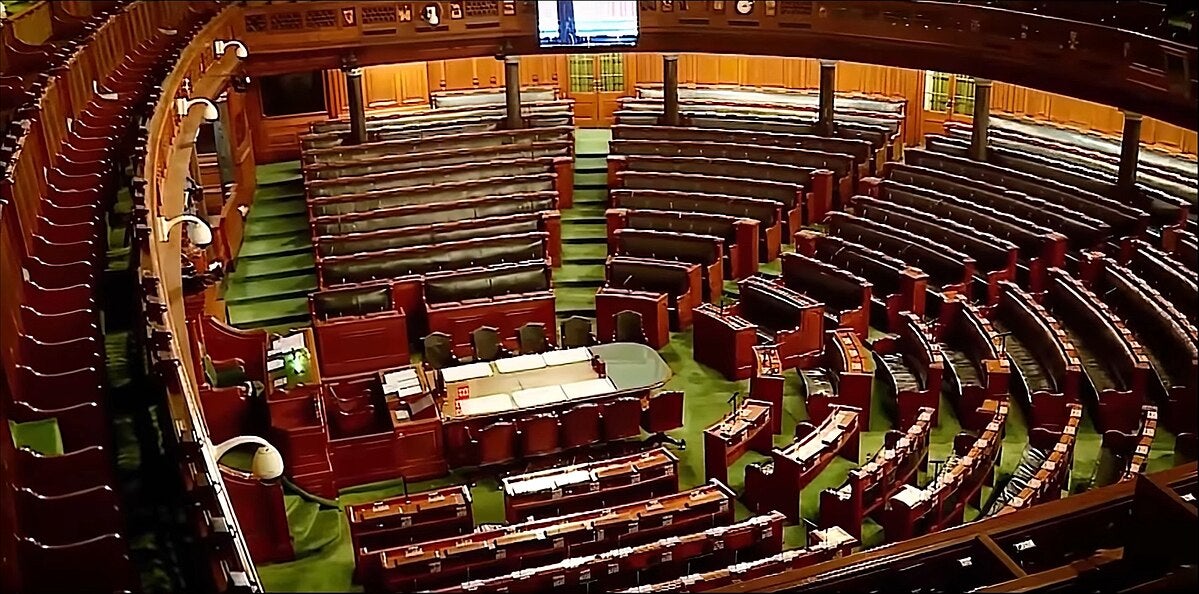Out with the Old
The primary aim of the new legislation is to introduce a new licensing system to revamp the old regime. Since the mid-1990s, Curacao has operated with a two-tiered system in which a centralized regulatory framework – the Curacao Gaming Control Board (GCB) – allows sub-licensing under four master license holders, which subcontract other companies.
The less stringent oversight by these companies than implied by Curacao's law makes it one of the most popular offshore gaming jurisdictions, licensing tens of thousands of operators worldwide.
In With the New
A primary goal of the new legislation is to establish the Curacao Gaming Authority (CGA) to replace the GCB. The body will directly oversee the licensing of B2C and B2B operators to ensure more accountability. It also intends to apply stricter compliance requirements to raise anti-money laundering, player protection, and responsible gambling standards.
A grandfather clause leaves room for existing Curacao licensees to abide by some old rules in some situations to facilitate smooth business operations as the updated regulations help clean up the industry. Under LOK, new applicants must have a physical address on the island and pass due diligence checks.
Reforms Amid Controversies
Curacao hopes to paint a better reputation as a globally respected gambling regulator, benefiting players, operators, and the country. However, questions surround how successfully the new authority will implement LOK and achieve its goals.
The bill's passage is in the wake of controversy surrounding misconduct, corruption, mismanagement, and licensing irregularities raised against the GCB and other regulatory entities. The allegations, filed by opposition politician Dr. Luigi Faneyte, involve international bodies, including the Malta Gaming Authority (MGA) and FBI, indicating the gravity of the claims.
Despite the turmoil, industry stakeholders have embraced the reforms. In a LinkedIn post, Curacao's Minister of Finance, Aideen Shortt, was optimistic about the bill's approval and emphasized the need for change to secure the country's gaming future.


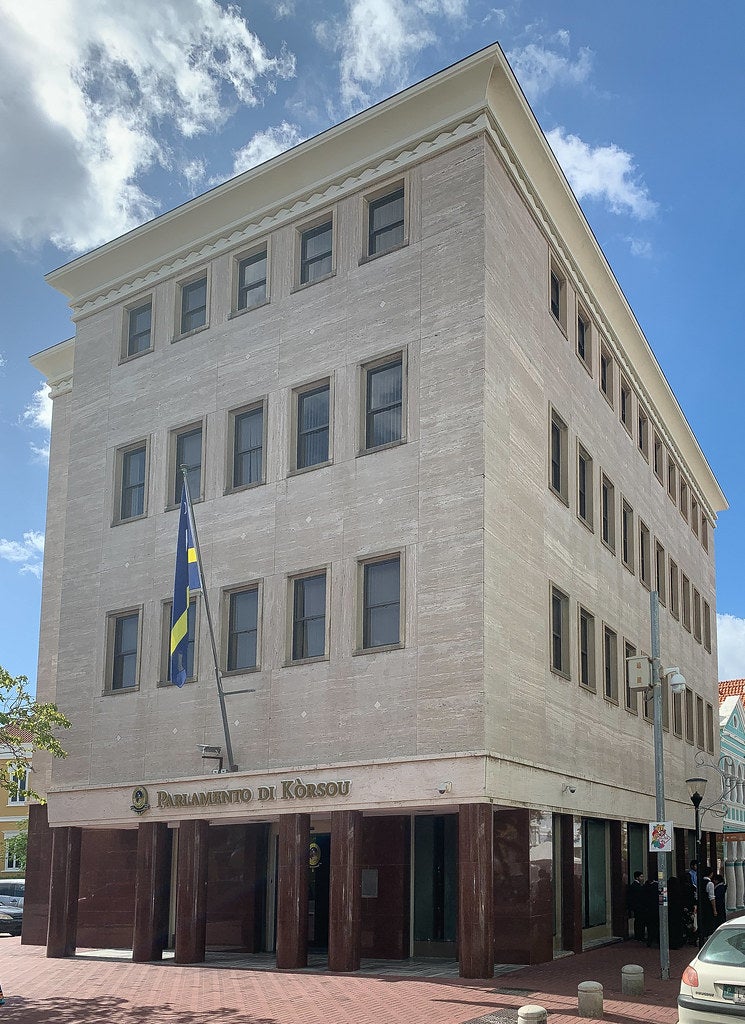

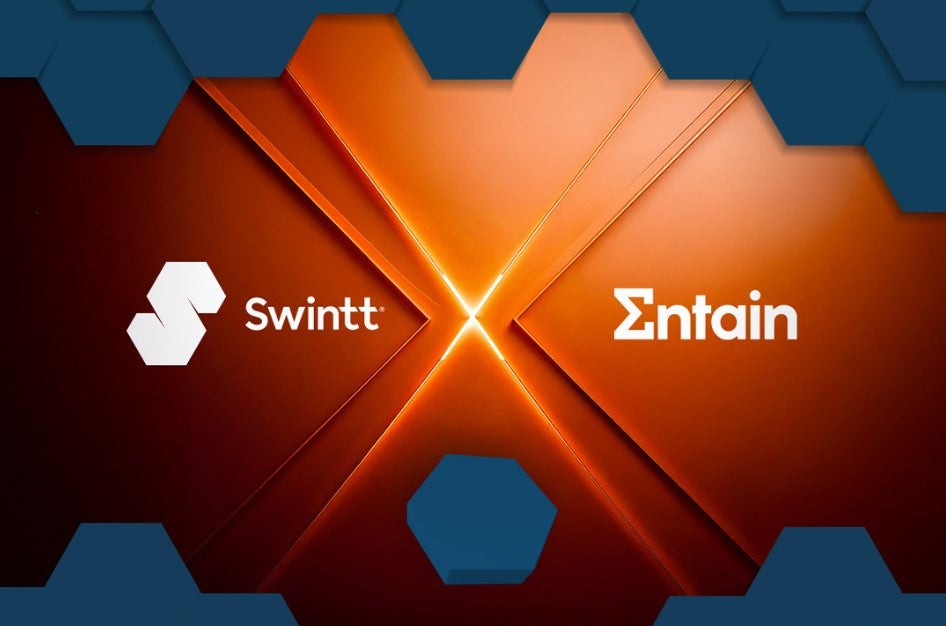






.jpg)









